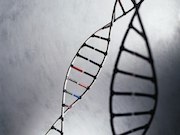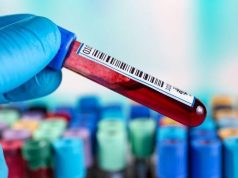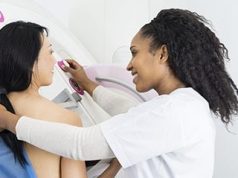Oncotype DX less cost-effective in real-world practice than under ideal conditions
FRIDAY, Jan. 19, 2018 (HealthDay News) — A gene expression profile test to predict risk of breast cancer recurrence is less cost-effective in real-world practice as compared to ideal conditions, according to a study published online Jan. 8 in the Journal of Clinical Oncology.
Young Chandler, Ph.D., from the Lombardi Comprehensive Cancer Center in Washington, D.C., and colleagues created a simulation model to compare 25-year societal incremental costs and quality-adjusted life-years (QALYs) of community Oncotype DX use (from 2005 to 2012) versus usual care in the pretesting era (2000 to 2004).
The researchers found that 24 percent of test-eligible patients had Oncotype DX testing. Testing was higher in younger patients and in patients with stage I disease (versus stage IIA). More than three-quarters (75.3 percent) of patients with high-recurrence risk scores, and 10.2 percent of patients with low-recurrence risk scores received chemotherapy. Compared to usual care, the cost-effectiveness ratio for testing was $188,125 per QALY. Test effects on worry versus reassurance reduced the cost-effectiveness ratio to $58,431 per QALY. The cost-effectiveness ratio was lowered to $28,947 per QALY with perfect test accuracy, and $39,496 per QALY under ideal conditions.
“The differences in cost-effectiveness ratios based on community versus ideal conditions underscore the importance of considering real-world implementation when assessing the new technology,” the authors write.
Abstract/Full Text (subscription or payment may be required)
Copyright © 2018 HealthDay. All rights reserved.








